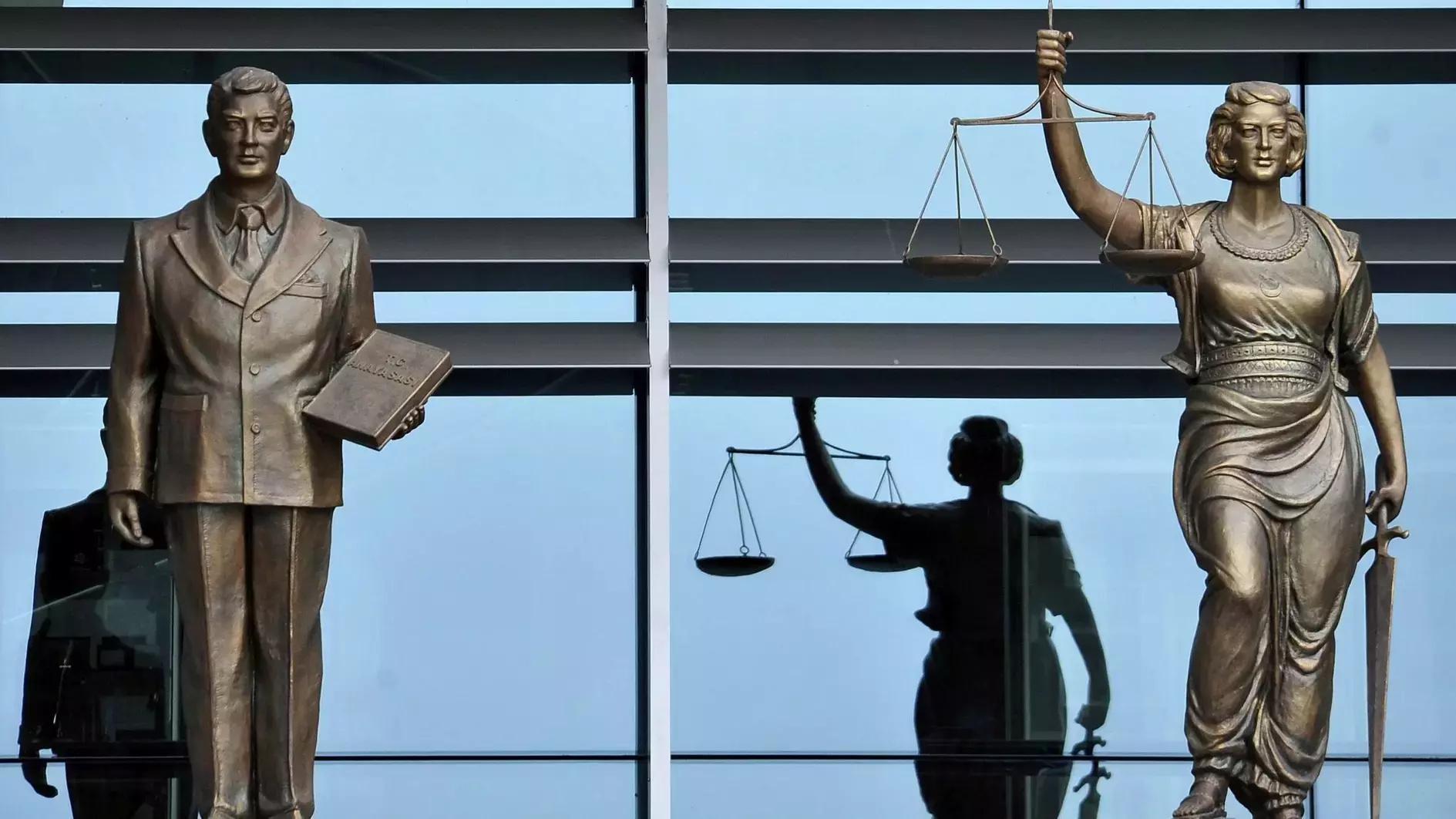
Türkiye's top court has ruled to revoke key provisions of a decree law (KHK) that had granted the president authority to appoint university rectors and dismiss the Central Bank governor before the end of their terms.
The regulations in question were initially enacted under the KHK numbered 703, which aimed to align governance structures with the presidential government system.
The Constitutional Court ruled that these regulations cannot be established by a KHK, requiring legislative action by the parliament within a year to create new legal frameworks.
The relevant KHK in 2023 was designed to adapt various state units to the new presidential system, including changes such as replacing the "Council of Ministers" with "Cabinet" and shifting powers from the "prime minister" to the "president." However, the law also included changes beyond mere compliance adjustments.
Under the decree, the process for appointing university rectors was altered, granting the president direct authority. Previously, rectors were selected from among three candidates nominated by the Council of Higher Education (YÖK) from a pool of six chosen by universities.
The top court annulled the president's appointment power, citing "procedural rather than substantive issues." Additionally, the requirement for the president to appoint seven members of the YÖK was also annulled.
In terms of the Central Bank, the KHK removed the provision for the Council of Ministers to appoint the bank's head within a five-year period, instead granting this authority to the president.
The president was also given the power to dismiss the Central Bank governor. The Constitutional Court found this could not be decreed, thus annulling the president's dismissal authority.
Meanwhile, the presidency's deputy head of legal policies, Mehmet Uçum, addressed the annulment decisions on social media.
Uçum said the president's powers remain intact under Presidential Decree No. 3. Additionally, Uçum argued that the president's authority to appoint rectors, arising from a constitutional article, cannot be revoked.
"In addition, a 12-month period is given for the annulments to enter into force. It should also be envisaged that within this period the TBMM [Turkish parliament] will enact the necessary legislation," he wrote.